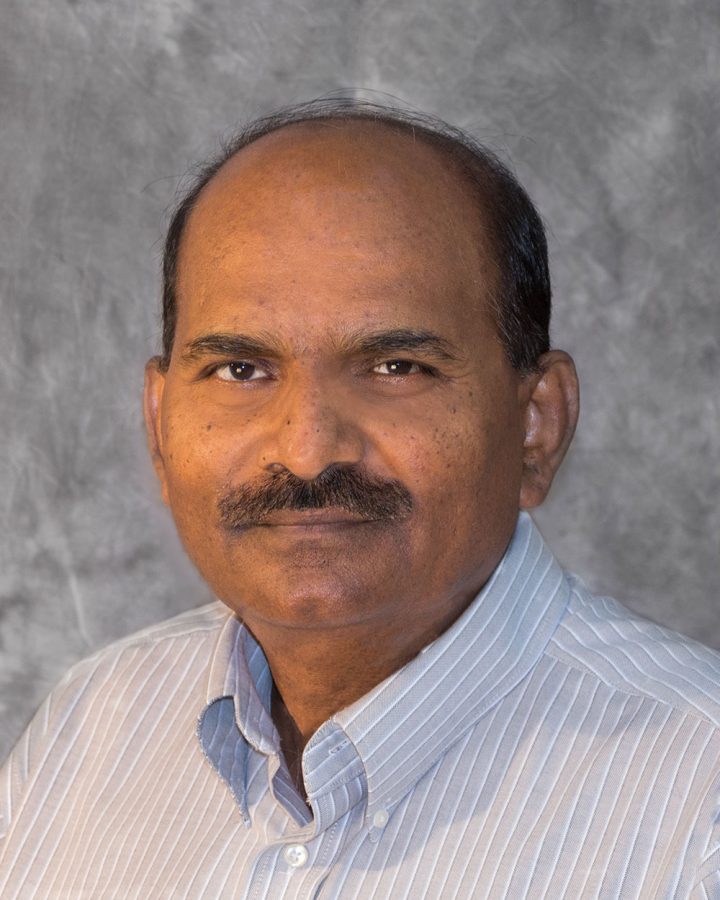Three WA institutions partner for $2.5 million project
Program aims to help Hispanic, Native American students in STEM fields
Naidu Rayapati, director of Irrigated Agriculture Research and Extension Center, says his team plans to fund internships.
August 20, 2019
Three Washington institutions have partnered to begin a $2.5 million project to help Hispanic and Native American students enter STEM fields in higher education.
Naidu Rayapati, director of Irrigated Agriculture Research and Extension Center (IAREC) at WSU Prosser, said although the five-year project begins Sept. 15, the first months will mainly consist of meetings to establish the guidelines of the project.
Rayapati said one of the project’s parts is to fund internships at WSU Prosser for undergraduate STEM-majoring students from Heritage University and Yakima Community College.
Jessica Black, director of the Center for Indigenous Health, Culture and Environment at Heritage University, said the project is called Culturally Responsive Education in STEM and nicknamed CRESCENT.
Black said CRESCENT will allow Hispanic and Native American students to pursue higher education in STEM by filling gaps in their education.
“A lot of times students don’t take chemistry in high school or they weren’t encouraged to keep going with math,” she said. “When they get to university and they have to take some of these classes they fail them, or they do very poorly and their GPAs are really impacted.”
Black said it is common for students to change their majors or drop out because their knowledge in those “gatekeeper” classes is not fully developed. She said CRESCENT is designed to not only fill the gaps, but create opportunities for students to further their education.
Rayapati said key aspects of CRESCENT is to enhance the curriculum for participating institutions, including Washington high schools, by training teachers to implement more detailed coursework and planning field trips to different research labs at WSU Prosser.
Rayapati said his main role within the project is to facilitate internships for undergraduate students. Black said CRESCENT will fund 12 student internships; six students from Heritage University and six from Yakima Community College.
He said the three institutions will be meeting to discuss what requirements applicants must meet when applying for internships.
“Internships are very important to have hands-on experiences,” Rayapati said. “From what is being taught in the classrooms to how it is applied in practical experiences.”
Black said meetings will begin January 2020 to discuss specifics of the internships. Meanwhile, she said the three institutions will be hiring a coordinator who will be acting as a liaison for the institutions.
Black said the internships might begin in the summer of 2020 and would require applications to open in spring.
She said the internships will consist of short 120-hour research projects. If successful, Black said she wants those students to participate in larger 8 to 10-week projects.
Black said the success of the short research projects will be measured using an Institutional Review Board.
Rayapati said he hopes to further establish working relationships with more educational institutions as CRESCENT continues.
“It’s not only about helping students but also learning from them in the process,” he said.




















